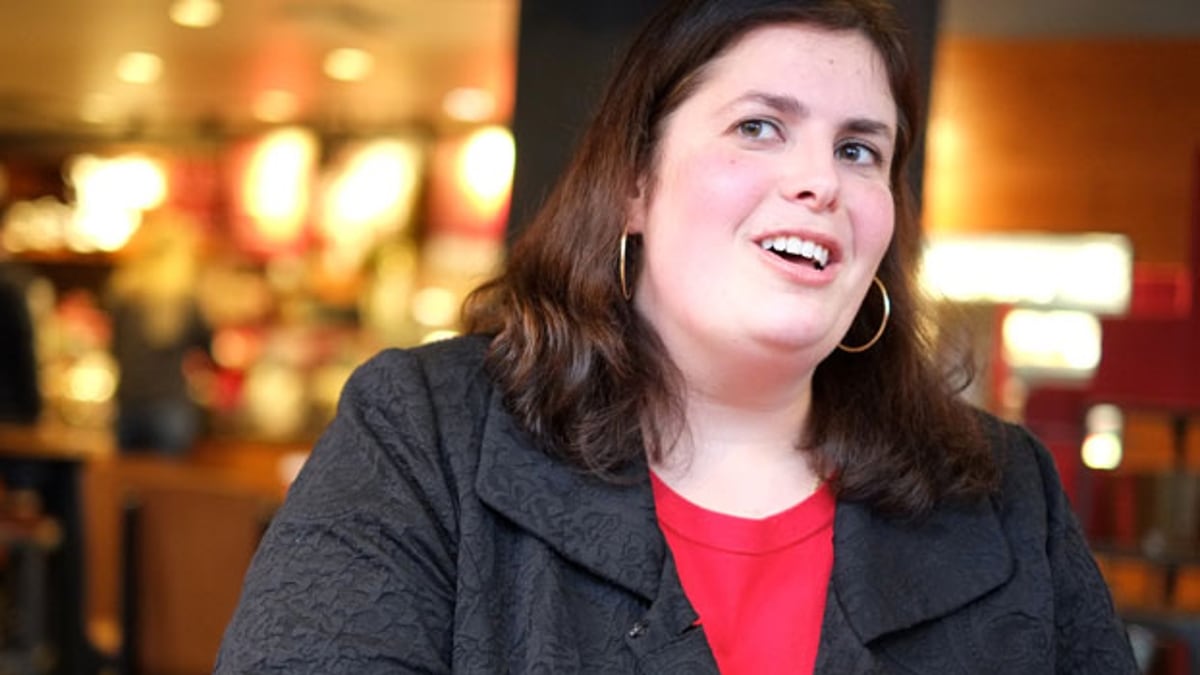A majority of the lawmakers responsible for writing the ballot title for what's likely to be a hotly-contested ballot measure recently got contributions from groups that have a significant financial interest in the ballot measure.
Dan Meek, a public interest lawyer who advocates for limiting campaign contributions, says that's a problem.
"It's a conflict of interest," Meek says. "They shouldn't do it."
Meek adds that under Oregon's permissive campaign finance laws, none of the lawmakers has done anything wrong because virtually anything goes, including accepting contributions of any amount from nearly any source.
At issue now is Referendum 301, which is an attempt by three Republican lawmakers, Reps. Sal Esquivel (R-Medford), Julie Parrish (R-West Linn) and Cedric Hayden (R-Fall Creek) to refer parts of House Bill 2391, the $670 million tax increase Gov. Kate Brown signed into law earlier this year.
The new law added to a per-existing hospital provider tax, which lawmakers love because it leverages federal matching funds that help pay for the state's Medicaid program. Critics objected to the increase because it added a new tax on health insurance.
After the session ended in early July, at least three physician groups that get most or all of their funding from the state's Medicaid program disclosed contributions to several lawmakers.
On July 27, the Doctors for Health Communities PAC, Douglas County Physicians PAC and Coalition for a Healthy Oregon PAC wrote lawmakers and Gov. Kate Brown checks worth $73,000.
That in itself is a red flag to some lawmakers, who object to Medicaid-funded groups making large contributions. Earlier this year, WW reported that such groups make an average of $1 million per year in contributions in Salem. State Rep. Mitch Greenlick (D-Portland), chairman of the House Healthcare Committee, introduced legislation in May that would severely limit contributions by such groups. The legislation went nowhere.
Four of those lawmakers got checks from the Medicaid-funded groups on July.
Those four, state. Sens. Richard Devlin (D-Tualatin) and Jackie Winters (R-Salem) and state Reps. Dan Rayfield (D-Corvallis) and Greg Smith (R-Heppner), were later named to the six-member committee responsible for drafting the ballot title for Referendum 301.
The checks the four got on July 27 totaled $16,500. Since Jan. 1 2010, all six members of the ballot title committee—the other two are Sen. Ginny Burdick (D-Portland) and Rep. Nancy Nathanson (D-Eugene)—have reported nearly $300,000 from those three Medicaid-funded groups.
The lawmakers who got checks July 27 and are helping write the ballot title all say the contributions played no role in their thinking and did not influence them.
"There is no connection between these campaign contributions and my job as a member of the Joint Interim Committee on Referendum 301," Devlin said in an email.
Smith says he was unaware that each of the three groups had written him a check on July 27, totaling $4,500. He said he hadn't received any of the money. "Maybe lost in the mail…wrong address?" Smith said of the checks. "Maybe changed their mind?"
Through his legislative assistant, Rayfield said he had not asked the groups for money and was unaware of the checks two groups disclosed giving him, totaling $3,000.
"Campaign contributions do not have an impact on how I vote, but I also know that even the perception of money's influence in politics can be damaging to the public's trust," Rayfield said. "I won't be accepting contributions from entities that have a perceived interest in this legislation.
Winters, an 18-year legislative veteran, says campaign contributions have never influenced her votes. "I'm objective," she says. "I do the right thing."
When citizens or interest groups refer measures to the ballot, the Oregon attorney general's office normally prepares the draft ballot title. In this case, lawmakers, five of whom (all but Smith) voted for the original legislation drafted the ballot title.
The committee unveiled its draft title at hearing on Tuesday. Testimony from supporters of the tax increase and from critics is here.
The wording voters see is crucial, veteran ballot measure activists such as Meek say, because they may not know much about a measure or may have strong reactions to certain words.
The ballot measure the 301 committee produced last week does not include the work "tax" or much else that would help the average voter decode it.
"The ballot title [for 301] is remarkably non-informative," Meek says. "It does not mention how much money is involved, how much in taxes would be added or over what period. Does the referendum involve $1 or $1 billion? Impossible to tell from this ballot title."
Parrish and Hayden submitted a lengthy response to the draft ballot title on Sept. 5.
Parrish, who's been critical of the state's management of a Medicaid program that grew faster than nearly any other state's under the Affordable Care Act, says the financial influence of the Medicaid-funded groups makes her uneasy.
"This is the kind of pay-to-play politics that has voters so disgusted with the Oregon legislature," Parrish says. "The deck is stacked for special interests, not everyday Oregonians."
Should proponents of the referral gather the required 58,000 signatures to qualify for the ballot, a special election would be held Jan. 23, 2018.

